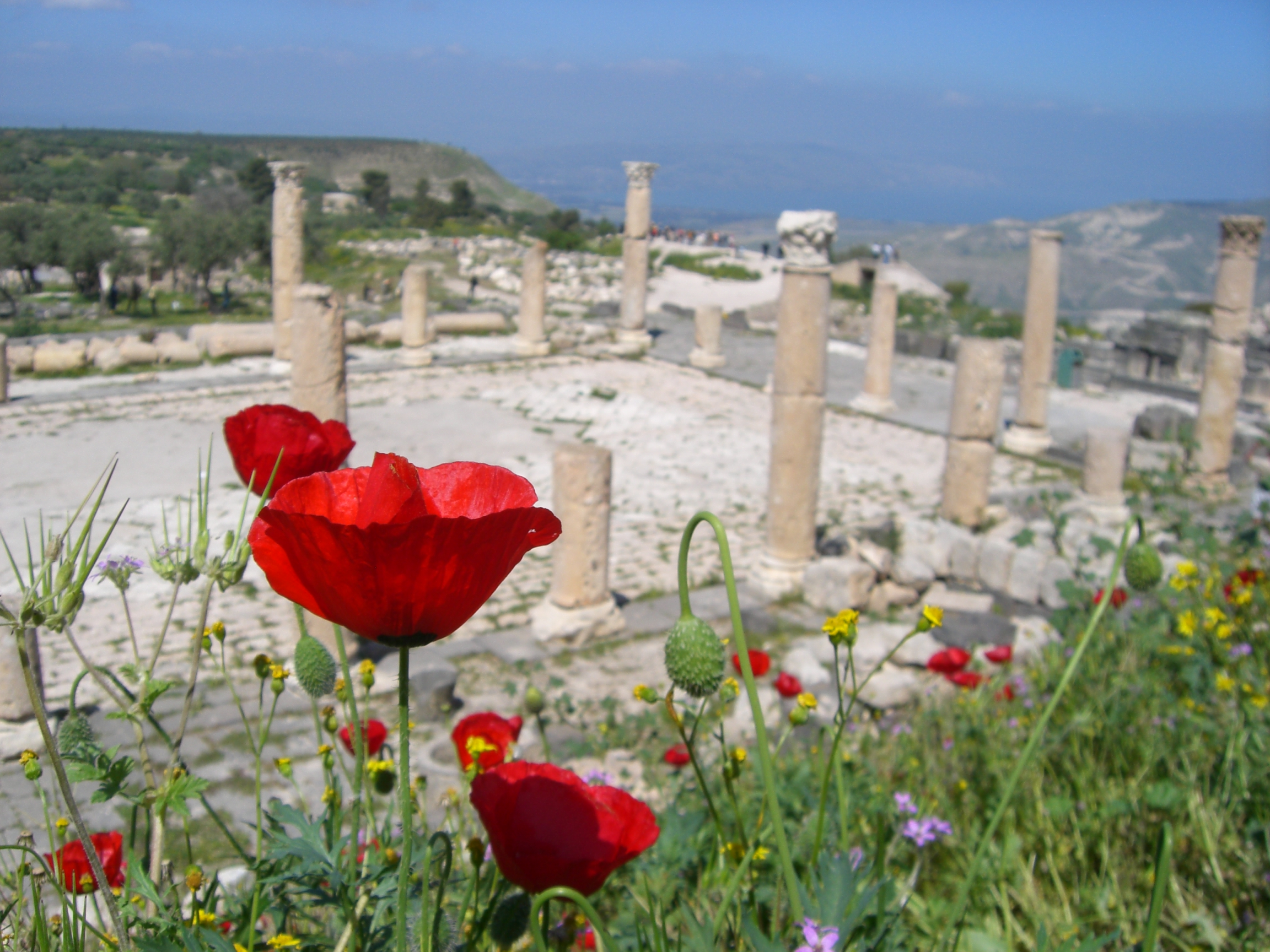In 2012, SPI partnered with Dartmouth’s Tuck Business School to conduct a comprehensive cultural heritage tourist market analysis in order to better understand the feasibility of developing and sustaining potential projects at a series of sites in Jordan. The Tuck Business School team strove to illuminate major market trends and drivers including government and politics, regulatory environment, the competitive landscape, existing tourism establishment and drivers of potential visitors. After four weeks of background research in the USA, the team spent three weeks in Jordan evaluating archaeological sites and interviewing more than 30 tour operators, NGOs, government officials, local community members and visiting 35 archaeological sites. They assessed potential investment opportunities through the lens of SPI’s mission statement, placing emphasis on an investment’s preservation potential, economic impact, and potential for self-sustainability. The Tuck team concentrated efforts on identifying the right archaeological site and community that would best fit with SPI’s model and that would have the best chances to become sustainable.
Tuck identified that while inbound tourism was highly organized and had received substantial investment, the current market was exposed to severe risks, including regional instability. The report identified the need to work with the many local NGOs in Jordan, as well as tour operators, guides and other service providers, and have a deep understanding of local communities to increase the chances of project success.
Download the Tuck Business School Team’s Project Report here

